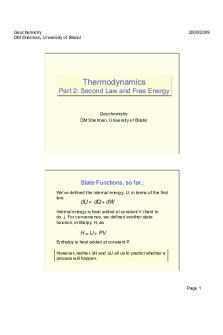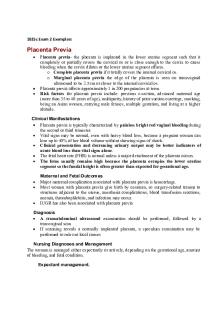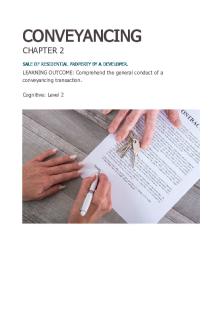PPT-1 - Lecture notes 2 PDF

| Title | PPT-1 - Lecture notes 2 |
|---|---|
| Author | Jerin Joy |
| Course | Managerial Economics |
| Institution | Symbiosis International University |
| Pages | 12 |
| File Size | 154.4 KB |
| File Type | |
| Total Downloads | 77 |
| Total Views | 180 |
Summary
Class Notes...
Description
Orientation Introduction to economics
What is Economics?
The term “economics” comes from the Greek word “oikos” meaning house and ” nomos ” meaning custom or law.
Economics is defined as a body of knowledge that discusses how a society tries to solve the human problems of unlimited wants and scarce resources.
Managerial economics Microeconomics Microeconomics is all about: a. Scarcity
} dismal
b. Choices, trade-off } science There are 2 actors in economics: 1. Consumers 2. Producers In microeconomics, we will build models about how consumers and producers behave. Consumers will try to maximise their utility, subject to budget constraints Firms will try to maximise their profits, subject to consumer demand and input costs.
Based on this, we will try to answer 3 fundamental questions: A) What to produce
B) How to produce
C) Who gets the produce ( for whom)
Prices resolve these 3 problems.
Important distinctions in economics:
1. Theoretical economics: Process of building models to explain the world
Vs 2. Empirical: Process of testing those models
2nd Important distinction
1. Positive: The way things ARE
2. Normative: The way things SHOULD BE / OUGHT TO BE
Introduction to Economics: ORIENTATION
Economics is all about:
1. Economics is all about Choices and decisions 2. Economics is about Scarcity: resources are limited, wants are unlimited, resources have alternate uses, therefore choices have to be made 3. Economics is about Human actions: Purposeful human behaviour: : 4. Economics is about trade-off: there’s no such a thing as a free lunch 5. So, choices are made on the basis of cost and benefit analysis ( incentives): Opportunity Cost 6. Utility : subjective benefit 7. Good: (economic good) : something that brings utility to people 8. Economics always uses Marginal analysis to make choices: So MU, MC, MP, MR are important
Two branches of Economics: Microeconomics and Macroeconomics
Microeconomics (micro meaning small) looks at the smaller picture of the economy and is the study of the behaviour of smaller units of the economy such as individual consumer, a seller ,a firm or a product, individual demand, individual supply, an individual’s income, savings etc.
Macroeconomics (macro meaning large) is that branch of economics that deals with the study of aggregates, totals and averages. We study Aggregate demand, Aggregate supply, National Income, Aggregate savings and Investments, expenditure etc.
9. Economics considers productivity/ efficiency: How well we use scarce resources: maximum output from given specific inputs 10. Means/ resources/ inputs : Land, labour, time, money, natural resources like oil and natural gas etc 11. Markets in economics: goods market, resource market, capital market 12. Use of models in economics: a theoretical abstract relationship between two or more variables 13. The central problem for any economy: What to product, How to produce, For Whom to produce 14. Branches of Economics: Microeconomics and Macroeconomics
Definitions of Economics
Adam Smith: “ Political economy, considered as a branch of science of statesmen or legislator, proposes two distinct objects, first, to provide a plentiful revenue or subsistence for the people, or more properly enable them to provide such a subsistence for themselves, and secondly, to supply the state or commonwealth with the revenue sufficient for the public services. It proposes to enrich both the people and the sovereign.
This is called the “wealth definition”.
Marshal’s definition: Political economy or economics is the study of man’s actions in the ordinary business of life : It inquires how he gets his income and how he uses it . Thus, it is on one side the study of wealth and on the other and more important side a part of the study of man”.
This is called the “welfare definition”.
Key words: man’s actions, life, income, uses, welfare
Lionel Robbins definition “ Economics is the science which studies human behaviour as a relationship between ends and scarce means which have alternate uses.”
This is called the “Scarcity definition”
Key words: science, ends, scarce means, alternate uses...
Similar Free PDFs

Lecture notes, lecture 2
- 3 Pages
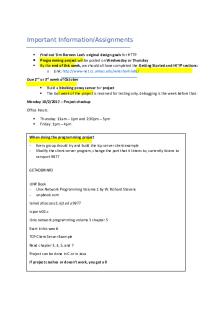
2 - Lecture notes 2
- 5 Pages

Lecture notes, lecture Chapter 2
- 11 Pages
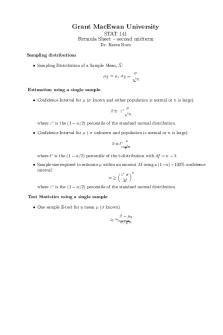
Lecture notes, lecture formula 2
- 1 Pages

2 Biodiversity - Lecture notes 2
- 33 Pages
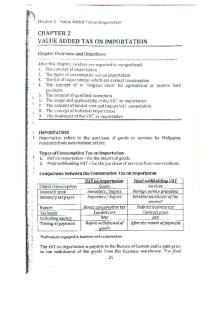
Chapter 2 - Lecture notes 2
- 30 Pages
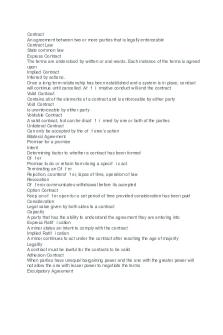
Blaw 2 - Lecture notes 2
- 4 Pages
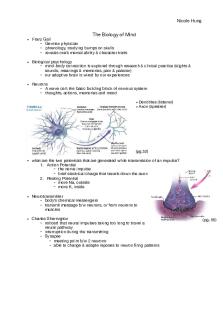
Chapter 2 - Lecture notes 2
- 4 Pages
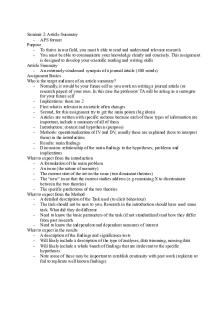
Seminar 2 - Lecture notes 2
- 2 Pages
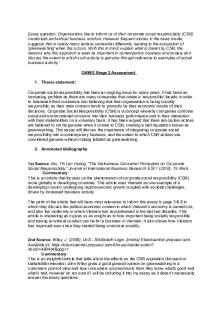
Stage 2 - Lecture notes 2
- 3 Pages
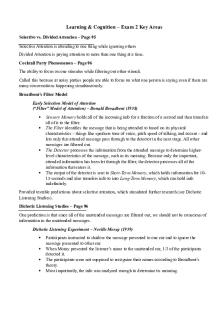
Exam 2 - Lecture notes 2
- 5 Pages

Lectia 2 - Lecture notes 2
- 3 Pages
Popular Institutions
- Tinajero National High School - Annex
- Politeknik Caltex Riau
- Yokohama City University
- SGT University
- University of Al-Qadisiyah
- Divine Word College of Vigan
- Techniek College Rotterdam
- Universidade de Santiago
- Universiti Teknologi MARA Cawangan Johor Kampus Pasir Gudang
- Poltekkes Kemenkes Yogyakarta
- Baguio City National High School
- Colegio san marcos
- preparatoria uno
- Centro de Bachillerato Tecnológico Industrial y de Servicios No. 107
- Dalian Maritime University
- Quang Trung Secondary School
- Colegio Tecnológico en Informática
- Corporación Regional de Educación Superior
- Grupo CEDVA
- Dar Al Uloom University
- Centro de Estudios Preuniversitarios de la Universidad Nacional de Ingeniería
- 上智大学
- Aakash International School, Nuna Majara
- San Felipe Neri Catholic School
- Kang Chiao International School - New Taipei City
- Misamis Occidental National High School
- Institución Educativa Escuela Normal Juan Ladrilleros
- Kolehiyo ng Pantukan
- Batanes State College
- Instituto Continental
- Sekolah Menengah Kejuruan Kesehatan Kaltara (Tarakan)
- Colegio de La Inmaculada Concepcion - Cebu
